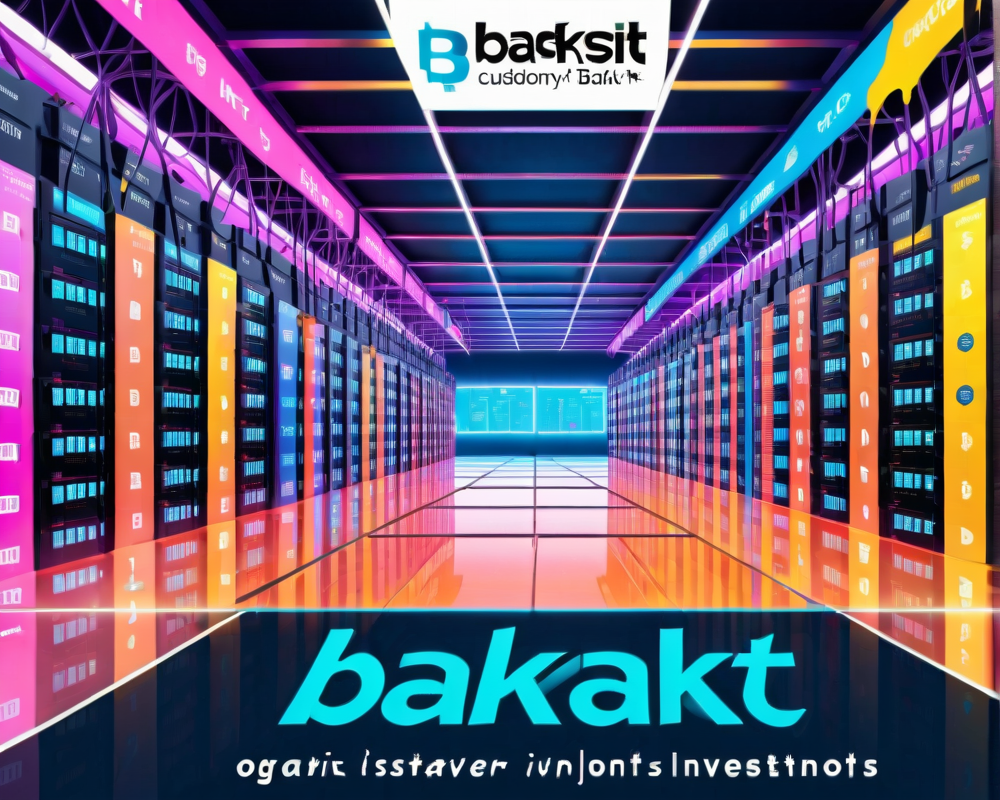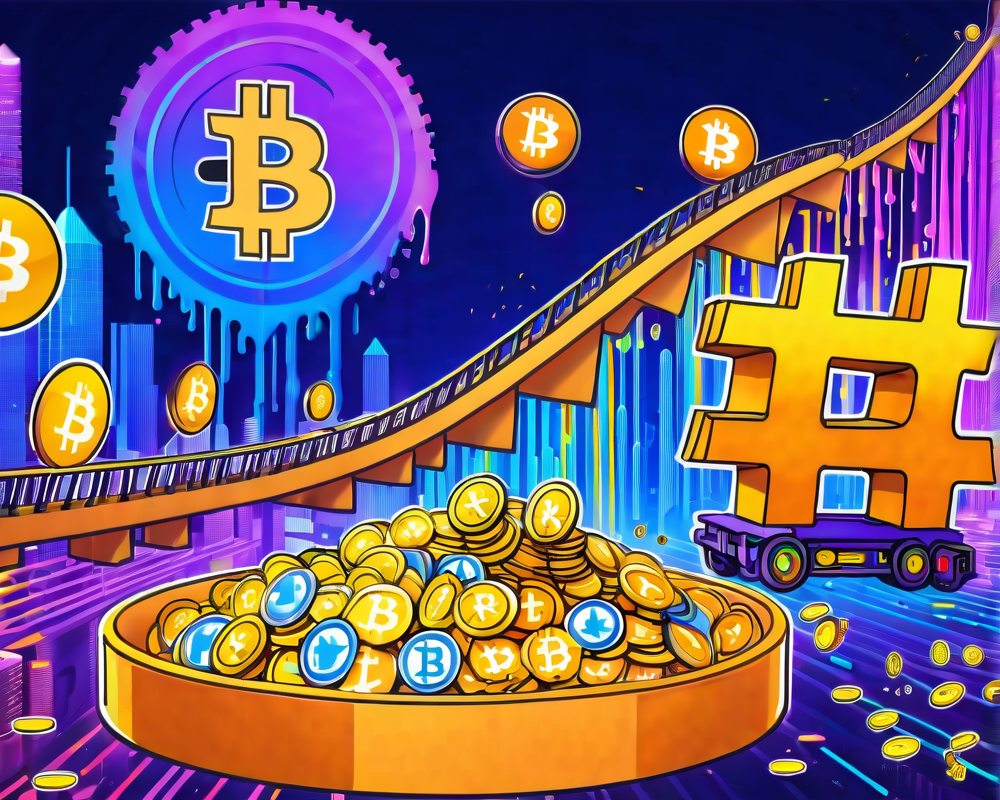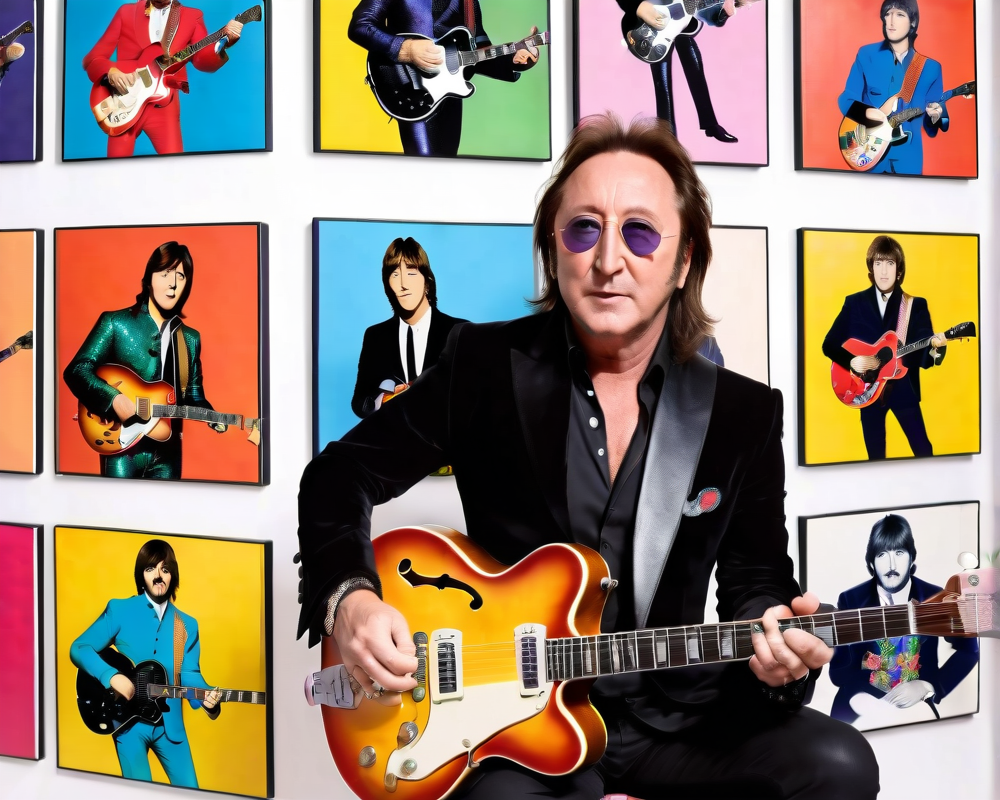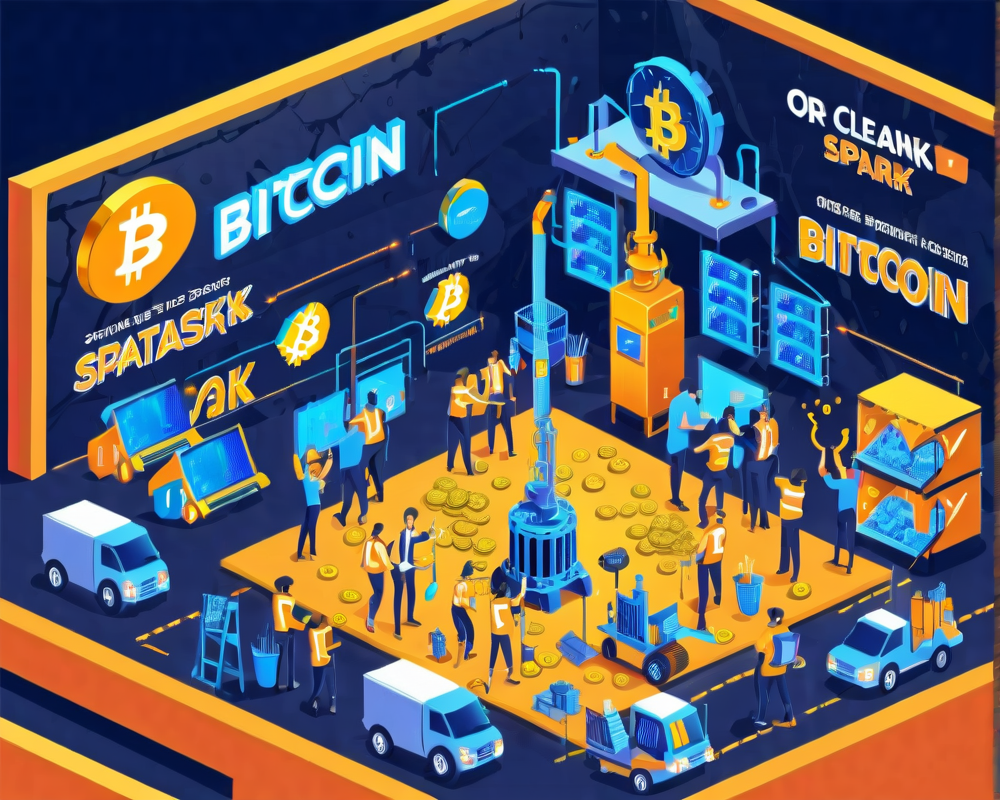Revolutionizing Online Knowledge: Free TON’s Contest to Build the Next Decentralized Encyclopedia
The Ambitious Vision of Free TON
Free TON is diving into the deep end of the decentralized pool with an ambitious goal in mind — creating a platform that could rival the iconic Wikipedia. The project firmly believes that the current rules governing Wikipedia not only stifle contributions but also keep valuable knowledge at bay. In essence, it’s like putting duct tape over a supercomputer; capable of magnificent things but just sitting there, silent and unused.
Identifying the Major Pitfalls of Wikipedia
Wikipedia’s foundation, while noble, has some glaring issues. Free TON outlines several key pain points that they hope to alleviate:
- Lack of Transparency: The absence of detailed statistics stifles contribution analytics. Users rely on anecdotal evidence, which leads to decisions based more on personal experiences than collective wisdom.
- Uneven Coverage: Contributors typically only write about stuff they love, resulting in vast topics being underrepresented. The challenge? Encouraging contributors to spread the love.
- Quality Control: The bar for article quality seems to be set in the basement. Many entries are woefully outdated or incorrect, which is less of a knowledge-sharing platform and more of a trivia game gone wrong.
- Rewarding Contributions: The system tends to overlook the hard work of its contributors. Let’s face it, writing isn’t just a hobby for most; it’s a pursuit worthy of compensation.
Contest Layout: The Quest for Improvement
To tackle these issues head-on, Free TON has outlined a contest in two phases:
- Phase One (June 30 – August 18): This stage will focus on establishing a decentralized governance specification.
- Phase Two: Implementation of project solutions — because a plan without action is just a wish.A substantial reward of 165,000 TON awaits participants, translating to approximately $80,000. That’s what you call a lucrative incentive!
Creating an Inclusive Community
Another interesting element of Free TON’s initiative is their approach to community engagement. Participants are encouraged to create a model that accommodates many authors, all while ensuring a fiscal stimulus for their sweat equity. The idea is to summon a symphony of collaboration rather than a cacophony of chaos — think of it less like a cat fight and more like a group of musicians jamming harmoniously.
Conclusion: What Lies Ahead?
Free TON argues they have the tools the Wikipedia governance structure is lacking: A robust consensus mechanism paired with fast, scalable blockchain technology. With this new platform, they hope to foster an environment where quality contributions are recognized and where knowledge flows freely, all while adhering to democratic principles. It’s not just a reimagining of an encyclopedia; it’s a potential revolution!




